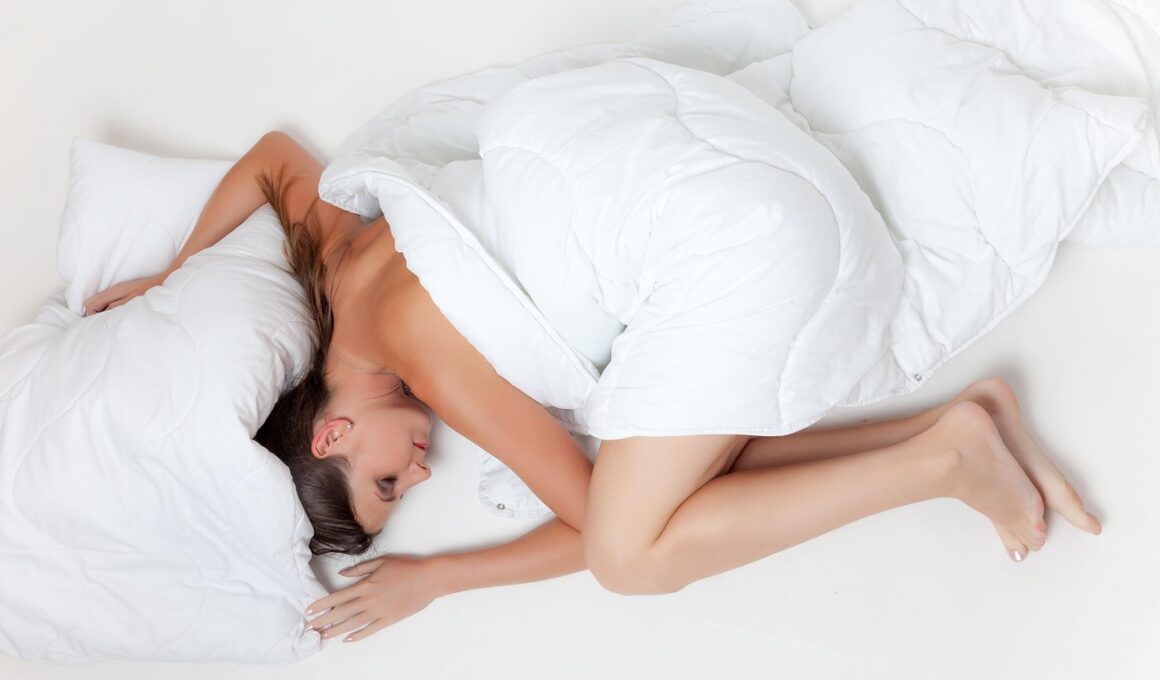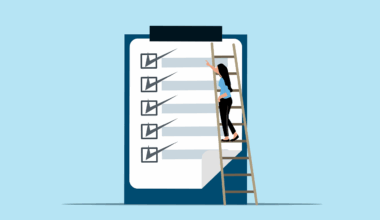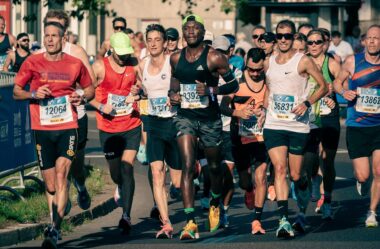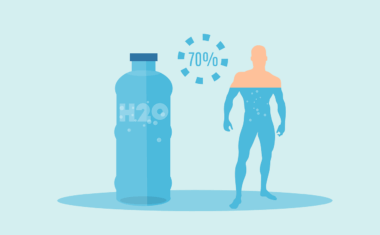How Much Sleep Do Marathoners Really Need? Debunking Rest Myths
When it comes to marathon training, sleep is often overlooked. Many runners believe that training harder means they can sacrifice sleep. However, this is a dangerous myth. Sleep plays a critical role in recovery, performance, and overall well-being. Without adequate sleep, the body cannot recover properly, which can lead to decreased performance and increased injury risk. For marathoners, who put their bodies through significant stress, sleep should be prioritized. Research shows that athletes who sleep less than the recommended hours perform worse than those who sleep well. Furthermore, disrupted sleep patterns can affect mental health, concentration, and motivation — all crucial for marathon success.
A common misconception is that adults need only six hours of sleep. For marathoners, this is hardly sufficient. While sleep needs vary per individual, studies suggest that most adults, particularly athletes, benefit from aiming for a solid seven to nine hours nightly. It’s not just about quantity, either; sleep quality is essential. Deep sleep stages are vital because that’s when most muscle repair and recovery occur. Skimping on sleep leads to slower recovery times, fatigue, and reduced physical capabilities. To ensure optimal recovery, marathoners should create a conducive sleep environment, adhering to a consistent sleep schedule, and practicing good sleep hygiene. This lays the groundwork for performance improvements.
Recovery times after strenuous runs are integral to the marathon training regimen. Overtraining can be a significant risk without sufficient sleep. As fatigue builds from mile after mile, the risk of injury escalates, leaving marathoners sidelined. This means that prioritizing rest and recovery, including sleep, is crucial for an effective training plan. Planning rest days and ensuring proper nutrition are essential components of this strategy, but sleep can often make the most significant difference. Marathoners should establish routines that include listening to their bodies, acknowledging the need for additional rest when necessary, and recognizing the signs of sleep deprivation, which include irritability, confusion, and a lack of motivation.
Sleep and Mental Resilience
Beyond physical benefits, sleep contributes to mental resilience during marathon training. The mental aspect of long-distance running cannot be underestimated, as mental fatigue can hinder performance as much as physical fatigue. Runners who receive adequate sleep are better prepared to handle the psychological challenges of race day. They are more likely to maintain focus and resist negative thoughts when faced with fatigue. Sleep deprivation can lead to diminished decision-making capabilities and reduced ability to motivate oneself during tough training sessions. Developing a solid sleep routine fosters not only physical recovery but enhances mental fortitude, equipping runners with the tools they need to face race day challenges confidently.
Another widespread myth is that weekend catch-up sleep can compensate for lost hours during the week. Unfortunately, this isn’t the case. While sleeping in on weekends can feel gratifying, it does not replace the benefits of consistent, quality sleep throughout the week. Marathoners who rely on this catch-up strategy often find themselves perpetually tired and underperforming. Chronic sleep deprivation leads to compounded effects that can hinder training. Instead, creating a balanced sleep schedule throughout the week ensures that the body remains in recovery mode continually. If marathoners want to enhance their performance, consistently achieving their optimal sleep duration should be an important part of their strategy.
Nutrition and sleep are closely intertwined. A well-balanced diet aids in achieving better sleep quality. Consuming a diet rich in fruits, vegetables, lean proteins, and healthy fats can promote more restful sleep. Foods high in tryptophan, such as turkey or bananas, help the body produce serotonin, which regulates sleep cycles. Marathoners should aim to consume their last meal a few hours before bedtime, as heavy meals close to sleeping can lead to discomfort and disrupted sleep. Making adjustments to diet to support better sleep hygiene can significantly impact recovery and performance. By focusing on both dietary and rest habits, marathoners create a holistic approach to optimizing their training regime.
Practical Steps for Better Sleep
Implementing changes for better sleep doesn’t have to be overwhelming. Marathoners can start little by little by establishing a bedtime routine that signals the body it’s time to sleep. Consider activities such as reading, stretching, or meditation to unwind before bed. Limiting screen time at least an hour before sleep is also beneficial, as blue light from devices can disrupt melatonin production. Additionally, creating a comfortable sleeping environment through the right mattress, adequate darkness, and cool temperatures can promote improved sleep quality. Professional help may be necessary if sleep problems persist despite these efforts. Marathon training is challenging, and securing better sleep can be attainable with an approach that promotes health and recovery.
In conclusion, affording sleep the importance it deserves can strengthen the performance of marathoners significantly. Debunking myths surrounding sleep, such as needing minimal hours, emphasizes a common pitfall in the training approaches of many athletes. Understanding sleep’s vital role in recovery, physical performance, and mental resilience should become integral to the marathon training mindset. By prioritizing sleep, marathoners not only enhance their physical capabilities but also improve their mental toughness, making them well-prepared for their races. Those seeking peak performance in marathons should view sleep as a powerful tool in their training arsenal. Truly, the best marathoners know the importance of a good night’s sleep!





